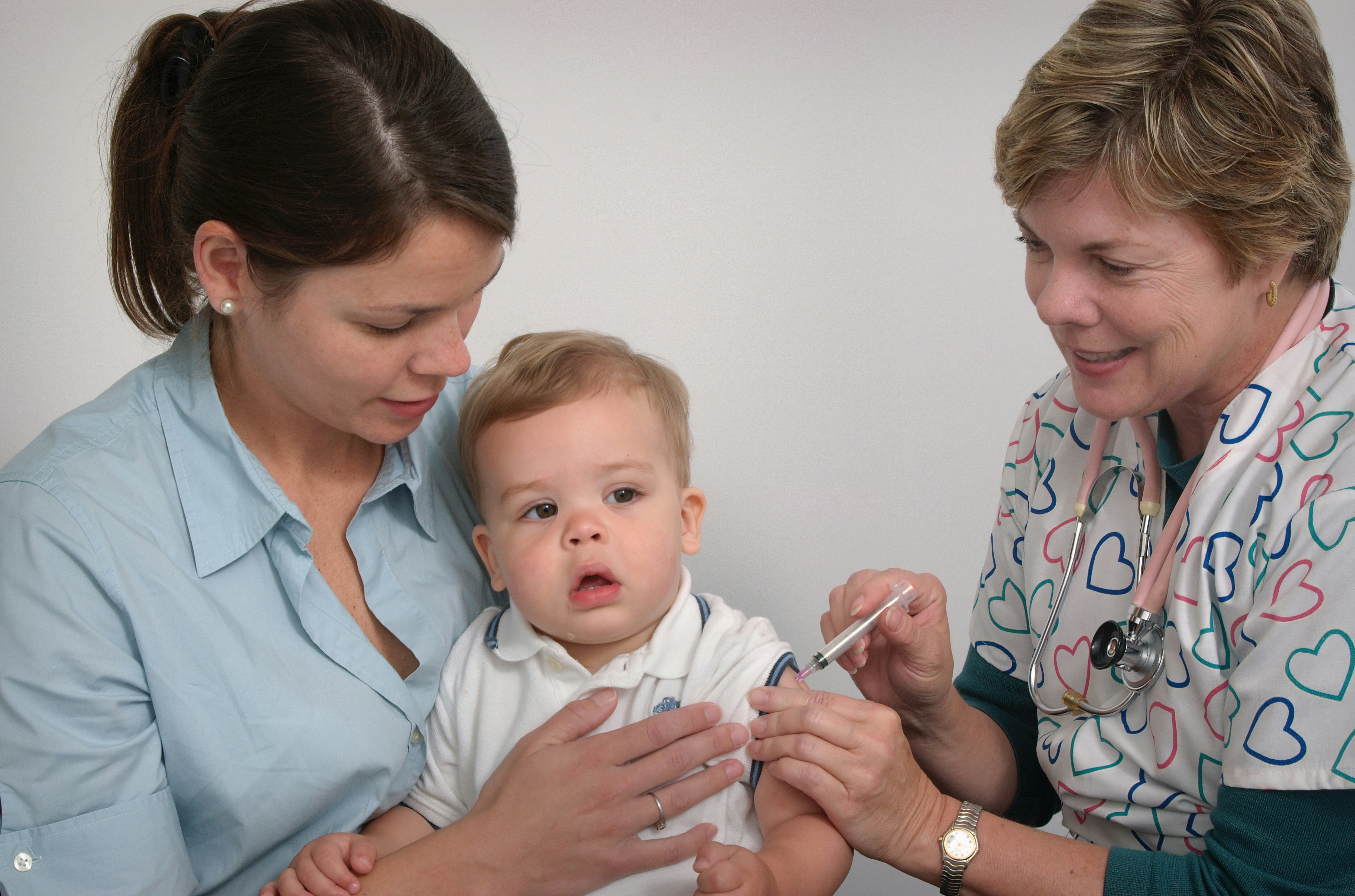Media release
From: American College of PhysiciansAluminum exposure from childhood vaccines not linked to increased risk of autoimmune, allergic, or neurodevelopmental disorders
A nationwide cohort study of Danish children examined the association between cumulative aluminum exposure from early childhood vaccination and the risk for development of autoimmune, atopic or allergic, and neurodevelopmental disorders. The study found no evidence supporting an increased risk for these disorders associated with exposure to early childhood aluminum-adsorbed vaccines. The findings help close the evidence gap of human data around the association between aluminum-adsorbed vaccines with adverse events, particularly neurological disorders. The findings are published in Annals of Internal Medicine.
Researchers from the Statens Serum Institut leveraged national changes in the Danish Childhood Vaccination Program over a 24-year period, during which vaccines with varying aluminum content were introduced. They included 1,224,176 children born in Denmark between 1997 and 2018 and used the Danish nationwide health registries to obtain information on the cumulative aluminum exposure from childhood vaccines administered to each child before age 2 and incident events of 50 different chronic disorders. Specifically, they examined the development of 36 autoimmune, 9 atopic or allergic, and 5 neurodevelopmental related disorders. Children were followed from 2 years of age for study outcome events until 31 December 2020, or until they reached age 5, died, or were lost to follow-up. Cox proportional hazards regression models were used to estimate adjusted hazard ratios representing how much the hazard changed when a child received one additional milligram of aluminum in their vaccines by age two compared to a child who received one milligram less. The researchers found a hazard ratio for autoimmune outcomes of 0.98 [95%CI 0.94 to 1.02] per 1-milligram increase in the cumulative aluminum exposure from childhood vaccination. The hazard ratio was 0.99 [95%CI 0.98 to 1.01] for atopic or allergic disorders and 0.93 [95%CI 0.90 to 0.97] for neurodevelopmental disorders. For the specific disorders of autism spectrum disorder and attention-deficit/hyperactivity disorder, the hazard ratios per 1-milligram increase in the cumulative aluminum exposure from childhood vaccination before age two were 0.93 [95%CI 0.89 to 0.97] and 0.90 [95%CI 0.84 to 0.96], respectively. This nationwide study did not find evidence supporting an increased risk for autoimmune, atopic or allergic, or neurodevelopmental disorders associated with early childhood exposure to aluminum-adsorbed vaccines.


